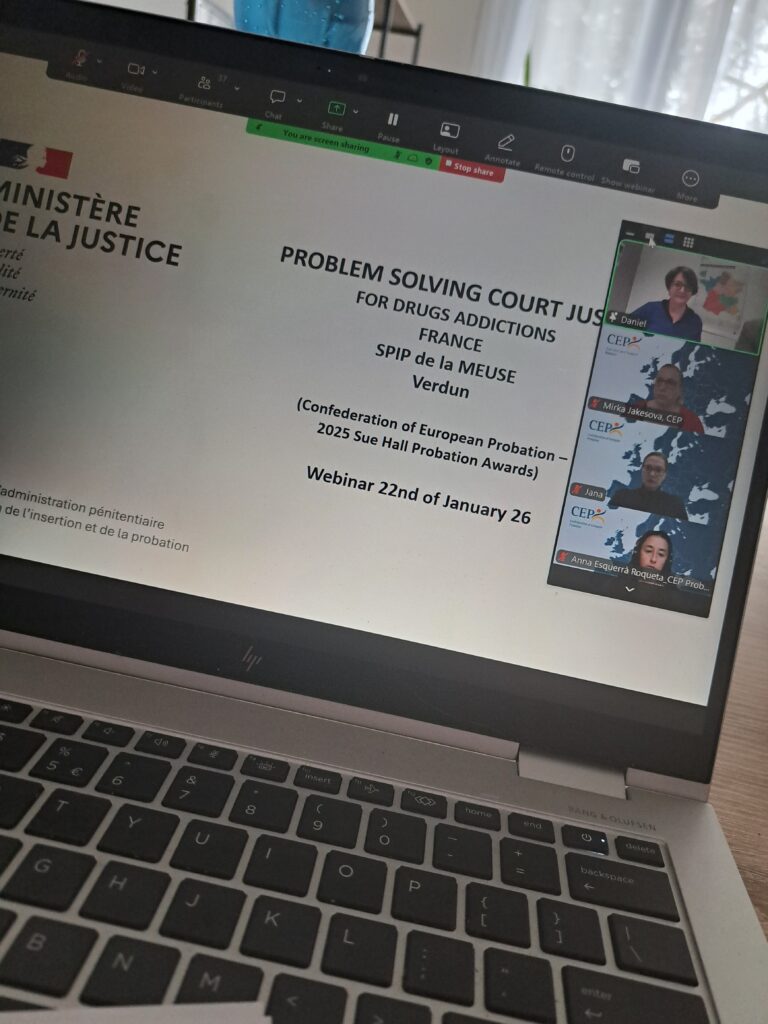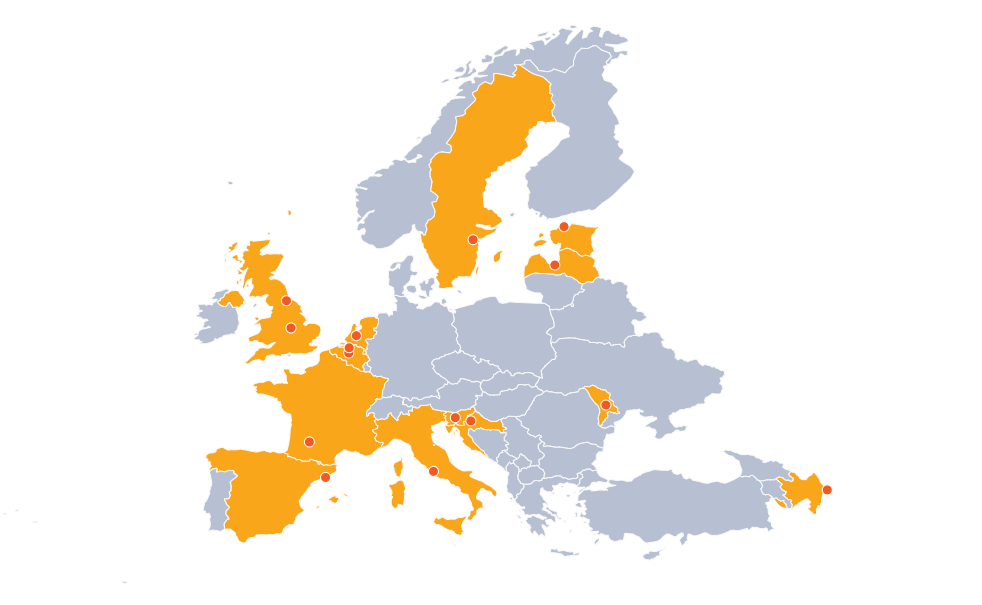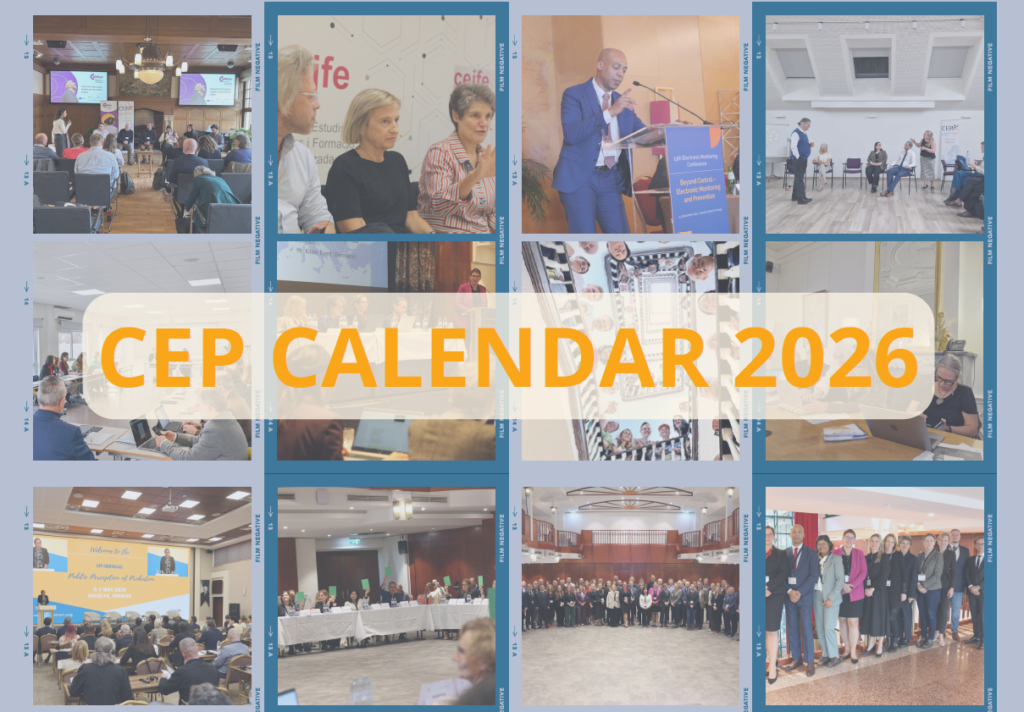Previous Article
News
Trial with 24/7 alcohol monitoring via Alcoholmeter
In January 2017 a trial with the ‘Alcoholmeter’ started in Rotterdam and eastern Netherlands. The Alcoholmeter is an ankle bracelet that measures the wearer’s alcohol consumption. People who have committed criminal offences under the influence of alcohol are being asked to take part in the alcohol monitor trial. The aim is to prevent the person from offending again.
By Anne Hoeksema
Trial with alcohol monitor as a condition attached to suspended sentences Someone who has committed one or more criminal offences under the influence of alcohol may be given a suspended sentence with conditions attached. One such condition may be a temporary ban on consuming alcohol. The Alcoholmeter must be used in combination with supervised probation to monitor compliance with this ban.

Aim of the trial
The aim of the trial is to determine whether the Alcoholmeter is an appropriate sanction and whether it is effective in combination with professional counselling. The research team will assess whether the monitor has an effect on offenders’ alcohol consumption and behaviour. The monitor is being tested on 100 participants who have been given an alcohol ban. Participation is voluntary.
The Probation service will be using the Alcoholmeter in addition to the current breath-, blood- or urinetests. Offenders wearing Alcoholmeters will be supervised by probation officers for compliance with their alcohol ban. The Probation Service receives readings once a day via a modem at the wearer’s house. The advantage of the Alcoholmeter is that offenders will no longer have to go to the Probation Service for testing three times a week. Continuous monitoring can also help offenders overcome their alcohol problem. If the trial is successful, the government will consider introducing legislation on its use.
Reducing alcohol-related crime Alcohol abuse often plays a significant role in violent crime. The government is taking targeted measures to reduce the number of violent criminal offences. Attaching special conditions such as an alcohol ban to suspended sentences can help prevent alcohol-related violence and other offences.
The alcohol monitor has already proven successful in the United States and the United Kingdom: 78% of participants in the US and 92% in the UK completed the programme without consuming alcohol. So the Dutch government wants to investigate whether the alcohol-monitoring ankle bracelet can be used in the Netherlands too.
The Ministry of Security and Justice, Verslavingsreclassering GGZ (SVG, non-profit community rehabilitation and probation service), Reclassering Nederland, Leger des Heils and the Public Prosecution Service are all involved in the trial.
Violence under the influence of alcohol In the Netherlands 25% to 50% of violence is linked to alcohol consumption. Excessive drinking often plays a role in: vandalism; violence in the night-time economy; street violence; football hooliganism; and domestic violence. Alcohol abuse costs society more than €3 billion a year.
More information If you have any questions about the trial with the Alcoholmeter you can contact the SVG project manager Anne Hoeksema via a.hoeksema@svg.reclassering.nl or +31614187199 and check for more information: www.svg.nl

Related News
Keep up to date with the latest developments, stories, and updates on probation from across Europe and beyond. Find relevant news and insights shaping the field today.
New

Uncategorized
CEP at the EMPRO Symposium hosted by ERA
04/02/2026
CEP actively contributed to the EMPRO Knowledge Exchange Symposium hosted by the Academy of European Law (ERA) in Trier on 28–29 January, bringing together practitioners, policymakers, and researchers to reflect on the implementation of EU Framework Decisions in probation and supervision.
New

Alternatives to pre-trial detention, Community Sanctions and Measures, Framework Decisions, Technology
Future of Criminal Justice: CEP’s Contribution to Key 2025 Dialogues
27/01/2026
Throughout 2025, CEP and its representatives actively participated in the online Technical meetings ahead of the HLF as well as the High Level Forum on Future of Criminal Justice taking place on 4-5 March 2025, 20-21 May 2025 and 1-2 October 2025 in Brussels, Belgium.
Recap

Alternatives to pre-trial detention
Recap: Webinar on Alternatives to Detention 2026
26/01/2026
On Thursday 22 January, CEP hosted the first webinar of 2025 on the topic of Alternatives to Detention. The session led by Ms. Marina Pajoni from the French Prison and Probation Service titled „Problem Solving Justice in Pracitce: The Meuse Probation Service´s Approach to Drug Addiction“ introduced an innovative programme developed by the Meuse Probation Service in close cooperation with the French Ministry of Justice.
New

Education and Training
CEP launches an interactive European map of probation education and training institution contacts
22/01/2026
The CEP is pleased to inform its members that a new dedicated section has been developed on the CEP website featuring an interactive map of Europe.
New

CEP Events
CEP activity calendar 2026
20/01/2026
As we begin the new year, we would like to thank all CEP members, partners, and participants for your continued engagement and valuable contributions. Your involvement plays an essential role in shaping CEP’s work and activities.
We are pleased to share the CEP calendar for 2026, which provides an overview of the events planned for the year ahead. We look forward to continuing our collaboration and welcoming you to upcoming CEP activities throughout the year.
Thank you for being part of the CEP community.
New

CEP members, Gender-based violence
Interventions Alliance’s Eden House Recognized as Outstanding
15/01/2026
CEP is delighted to share that Eden House, an Interventions Alliance residential service for women with high-risk or complex needs on probation, has been rated “Outstanding” overall by HM Inspectorate of Probation. In 2022, Eden House was honored with the CEP Public Protection Award. Our sincere congratulations to the team for this remarkable achievement.
Subscribe to our bi-monthly email newsletter!
"*" indicates required fields
- Keep up to date with important probation developments and insights.

